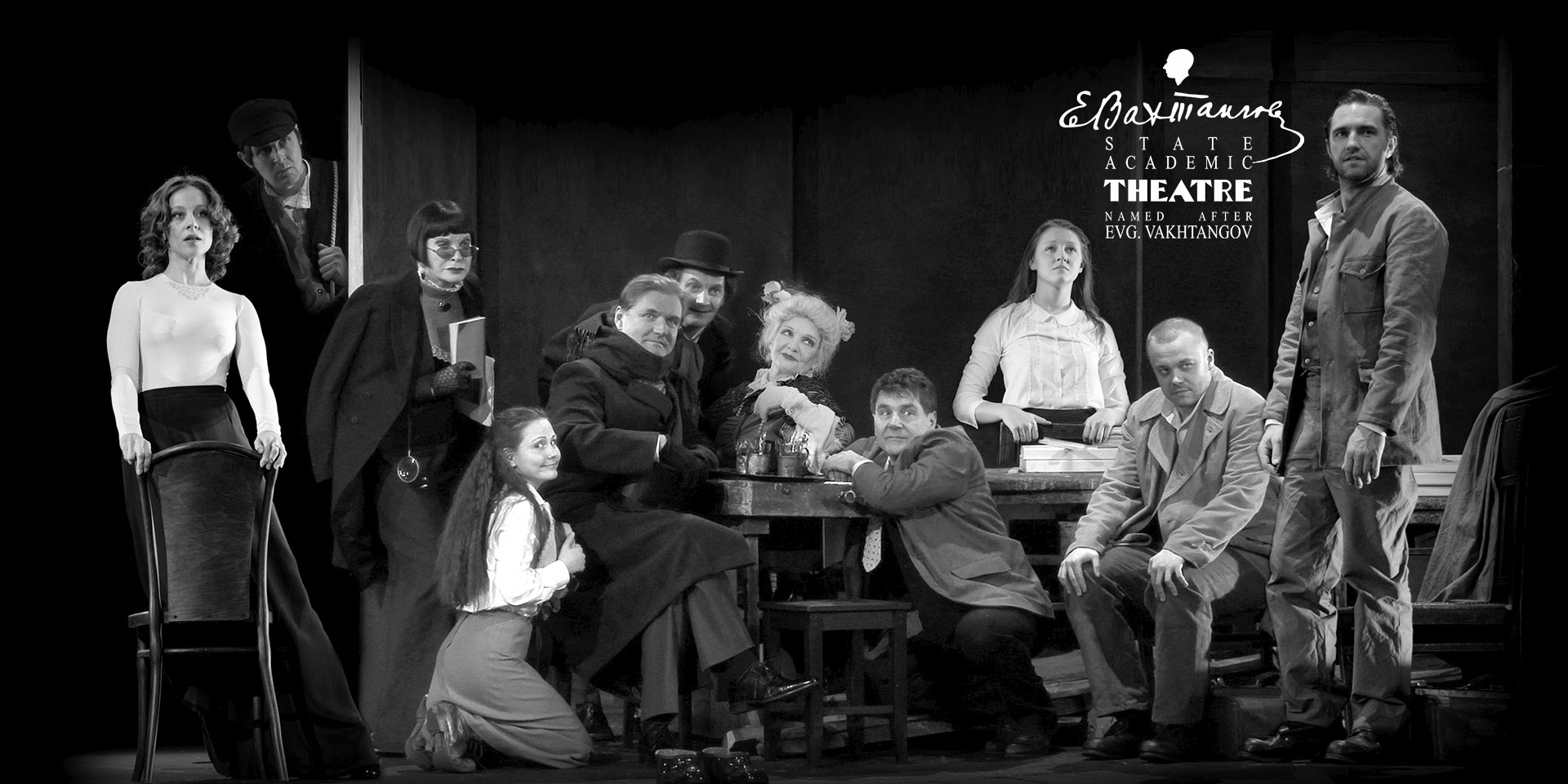This dazzling production by Rimas Tuminas is in a wholly different tradition: that of the Russian director Meyerhold, who evolved a system of acting based on sports, acrobatics and clownish grotesquerie.
Tuminas preserves every word of Chekhov’s text. But nothing looks or sounds as we expect. The stage is free of clutter, although we glimpse a distant prospect of a stone lion symbolising Petersburg. Characters are also vividly redefined: the Professor and his young wife, Elena, whose rural visit causes so much havoc, are normally seen as tragically mismatched; here they clearly still enjoy an actively rumbustious sex-life and, when Vanya tries to shoot the old Prof, Elena is the first to interpose her body. And for all his ecological fervour, the visiting doctor, Astrov, is also a drunken buffoon who, in his cups, engages in a disastrous bit of DIY carpentry with the Chaplinesque Waffles. Meanwhile, Vanya’s niece, Sonya, is no dowdy frump but a young girl whose passion for the doctor verges on hysteria.
But the joy of the production lies in its total-theatre mix of words, music, mime and symbolism. Anna Dubrovskaya’s Elena, stunning in white silk, bowls a circus hoop. Astrov shows her his images of deforestation on a projector with an unmistakably phallic funnel that emits puffs of steam. And there is an extraordinary moment at the end when Sonya ministers to Vanya, beautifully played by Sergey Makovetsky, as if he were a run-down machine that she had to lovingly reassemble. Anyone who saw the Vakhtangov when they brought Measure for Measure to Shakespeare’s Globe this summer will know they are a first-rate troupe. Although this isn’t the only way to play Vanya, their Chekhov has an unforgettable expressionist audacity.
